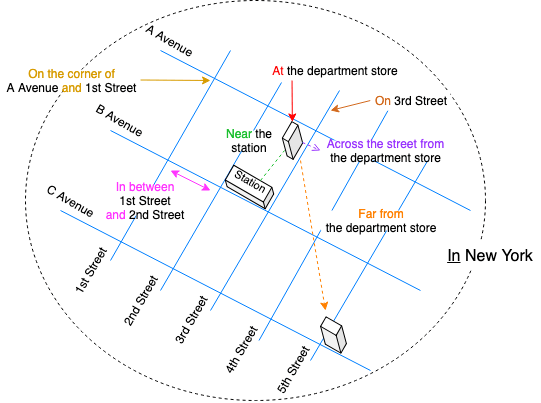以下のような違いがあります。
①a.「should have + 名詞」= 〇〇を持っているべきである / はずである
He should have the keys to the office.
彼は、事務所の鍵を持っているはずである。
①b.「should have + 動詞の過去分詞」= 〜をするべきであった / はずであった
He should have studied more for the entrance exam.
彼は、入学試験の為にもっと勉強をするべきであった。
②「should had」= X
※助動詞「should」の後は原形の動詞が来る為、このパターンは存在しません
③「should have had + 名詞」= 〇〇を持っているべきであった / はずであった
※①b.の「動詞の過去分詞」が動詞「have」の過去分詞「had」になっています
He should have had the keys to the office.
彼は、事務所の鍵を持っているはずだった。
難易度:7/10
関連リンク:「I used」、「I used to」、「I am used to」の違いは何ですか?

